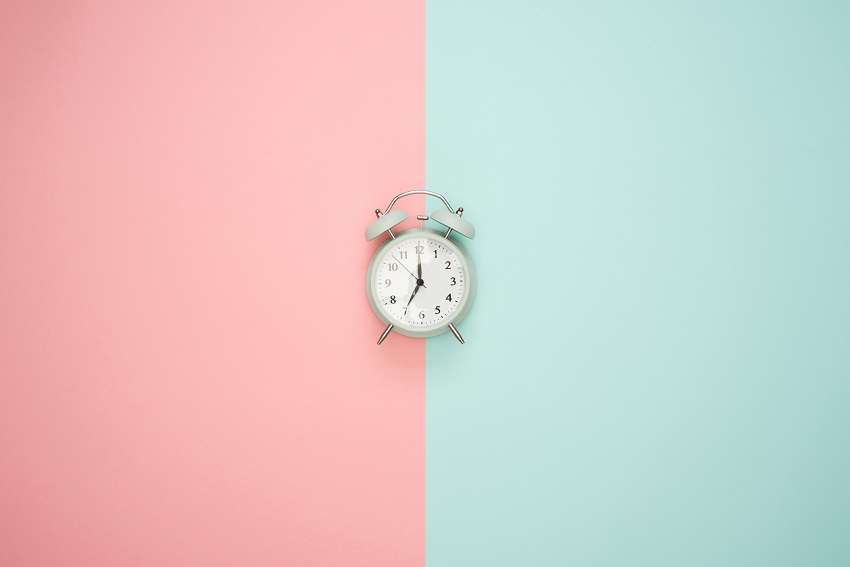5 Practical Tips for Better Sleep
Getting the sleep we need is crucial for our mental and physical wellbeing. Apart from anything else, it gives us the energy we need to do the things we want to do each day. If you’re struggling to drop off or often experience restlessness during the night, these practical tips for better sleep could help.
Establishing healthy sleep habits is often referred to as having good sleep hygiene. Usually, it simply involves making small changes to your evening routine.
1. Stick to a Sleep Schedule
If you only pick one tip from this list, make it this one. Going to bed and getting up at the same time each day helps to regulate your body clock and trains your body to expect to go to sleep at a certain time. Try and stick to your sleep schedule even on the weekends.
2. Create a Sleep Sanctuary
Ideally, your bedroom should be nice and cool, somewhere between 15-18°C (your bed can be slightly warmer). Your body temperature naturally drops as you start to fall asleep and a cooler environment helps to stimulate this process. Your bedroom should also be as dark as possible and free from any noisy distractions.
3. Control Light Exposure
Our natural circadian rhythm or internal body clock regulates feelings of sleepiness and wakefulness in response to exposure to bright light. Avoiding bright light in the evening helps us to feel naturally sleepy. That includes the light emitted by our laptops, TVs and mobile phones. Switching off our devices a few hours before bed and swapping the TV for a book will help strengthen this natural cycle, as will getting plenty of natural light during the day.
4. Avoid Late Night Snacks
Ideally, your last large meal should be at least 2-3 hours before you go to bed. Eating raises the body’s core temperature and this can disrupt your sleep. If you’re feeling really peckish, have a light snack, but no later than 45 minutes before bed. A glass of warm milk and a whole wheat cracker with nut butter makes a good late night snack.
5. Reduce Your Caffeine Intake
Avoiding caffeinated drinks in the afternoon can help you wind down for a better night’s sleep. Cups of coffee might get you going and keep you focused in the morning, but its stimulating effects can disrupt our natural sleep cycle. Try to avoid drinking coffee and other caffeinated drinks after lunch to minimise their impact on your sleep.
What’s Keeping You Up at Night?
Discover how to tune out self-talk for a better night’s sleep.
READ NOW

